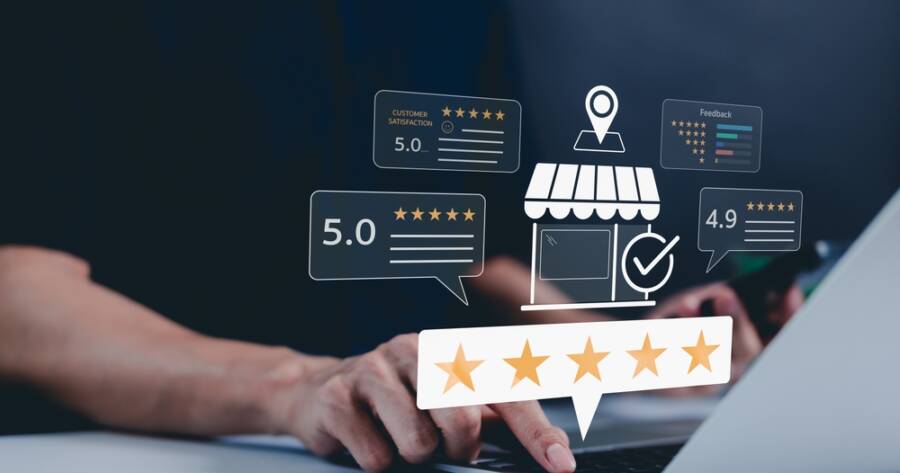In a marketplace overflowing with choice, trust has become a company’s most valuable currency. Consumers today don’t just buy products — they buy confidence, reliability, and shared values. While traditional marketing focuses on visibility, the real economic power lies in credibility. A trusted brand earns loyalty, commands attention, and weathers uncertainty better than any advertising campaign can. Understanding the economics of brand trust reveals why integrity and consistency are not soft virtues but strategic assets with measurable long-term returns.
1. Trust as an Economic Asset
In economic terms, trust functions like capital. It takes time and consistent performance to build, but once established, it generates ongoing value. When customers trust a brand, they lower their need for comparison shopping, price checking, or risk assessment. That efficiency saves time and mental energy — benefits that translate into loyalty and repeat business.
Trust also reduces what economists call transaction costs: the hidden time and effort involved in making a decision. A familiar logo, reliable service, or transparent communication reduces uncertainty. Consumers reward that reliability by staying loyal, even when competitors offer similar products.
The long-term effect is market equity — the ability of a brand to retain customers and attract new ones without having to start from scratch each time. Just as financial capital earns interest, trusted brands earn “reputation interest,” where each positive experience strengthens the next interaction.
2. The Compounding Value of Consistency
The economics of brand trust follow the same logic as compound interest: small, steady actions create exponential results over time. Each consistent delivery of value — whether it’s dependable quality, responsive service, or ethical behavior — reinforces consumer confidence. Inconsistent experiences, by contrast, reset the relationship and erase accumulated goodwill.
This is why trust is harder to rebuild than to maintain. When a company breaks a promise or fails to meet expectations, the loss compounds faster than the gain. Research in consumer behavior shows that it takes multiple positive experiences to offset one breach of trust. From an economic perspective, that’s a significant inefficiency — wasted effort simply to restore lost equity.
Brands that commit to consistency turn stability into a competitive advantage. Familiarity and reliability create a feedback loop: trust reduces uncertainty, which increases loyalty, which in turn lowers marketing costs and strengthens market position.
3. Transparency and the Trust Premium
Modern consumers are more informed and skeptical than ever before. They expect transparency — not just about products, but about sourcing, labor practices, data privacy, and corporate values. Transparency builds what can be called a trust premium: the willingness of customers to stay with a brand because they believe in its honesty.
The trust premium functions like an insurance policy against volatility. When mistakes happen — and they always do — transparent brands recover faster. They’ve earned enough goodwill that customers view errors as exceptions, not patterns. In contrast, opaque or defensive responses often magnify damage.
The rise of social media has made this even more significant. Every brand operates in public view, where credibility can be strengthened or destroyed in real time. Those that communicate clearly, admit faults, and act responsibly create resilience that no amount of advertising spend can replicate.
4. The Network Effect of Reputation
Trust doesn’t operate in isolation; it spreads. When customers share positive experiences, they amplify a brand’s reputation beyond direct transactions. Economists refer to this as a network effect: each additional believer increases the value of the entire system.
For example, a satisfied customer doesn’t just generate repeat business — they influence friends, family, and online communities. Word-of-mouth and peer recommendations have higher conversion rates than traditional advertising because they borrow credibility from trusted relationships.
This organic growth builds brand equity more efficiently than paid promotion. Instead of paying to reach every potential customer, the brand leverages its existing community to expand reach at little to no marginal cost. Over time, that efficiency compounds into significant economic advantage.
The network effect also works internally. Employees who trust their company’s leadership become brand ambassadors, projecting authenticity through their interactions. Internal trust builds external credibility — one of the most underrated dynamics in brand economics.
5. Measuring Trust in Market Terms
Although trust feels intangible, its financial impact is measurable. Trusted brands experience higher customer retention rates, lower churn, and stronger pricing power. They also attract better talent and more favorable partnerships. These outcomes directly affect long-term profitability.
Companies can track brand trust through metrics such as Net Promoter Scores, customer lifetime value, and referral rates. While these indicators don’t capture every nuance, they provide a quantitative lens for an emotional variable. Over time, trends in these metrics reveal whether the brand’s trust capital is growing or depreciating.
Building trust isn’t a marketing department’s job alone — it’s an organization-wide investment strategy. Every department, from customer service to operations, contributes to how trustworthy the brand feels. When aligned, those efforts create a compounding effect that drives enduring market equity.
Trust as the Ultimate Return
The economics of brand trust come down to this: credibility compounds faster than awareness. A trusted brand doesn’t need to shout the loudest or discount the deepest; it wins because consumers believe in it.
Trust transforms marketing from a cost into an asset, reputation from an expense into capital. It cushions downturns, accelerates recoveries, and creates loyal customers who advocate rather than compare. In a world crowded with noise and choice, trust is the clearest signal of value — and the most sustainable form of market equity any brand can build.

